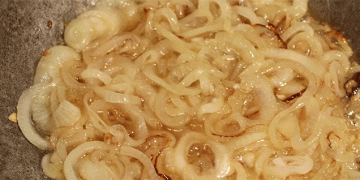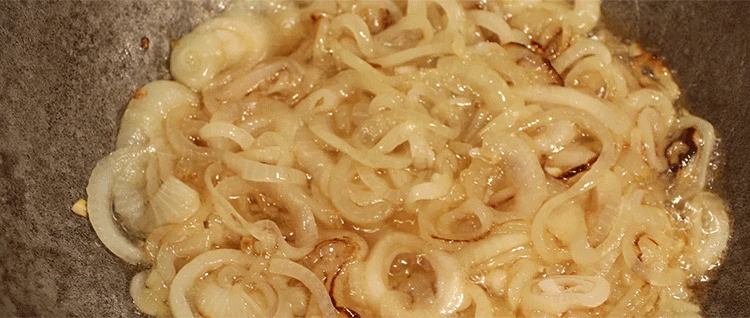The 23rd Wolak Mountain Songgye Onion Festival took place from November 11th to 13th in Jecheon City, Chungcheongbuk-do, at the Hansu Sports & Culture Park. This long-running festival celebrates the Songgye onion, a premium variety grown in the limestone-rich foothills of Wolak Mountain, known for its sweet flavor, high storability, and exceptional quality due to the region’s large diurnal temperature variations.
Why Songgye Onions Stand Out
Songgye onions are highly regarded in South Korea for their:
- Superior taste and texture (enhanced by the mountainous climate)
- Long shelf life (making them ideal for storage and export)
- Nutrient-rich cultivation (thanks to the limestone-based soil)
According to recent agricultural studies, onions grown in mineral-rich, well-drained soils (like those in Songgye) have higher sugar content and antioxidant levels compared to conventional onions (Journal of Agricultural Science, 2023). Additionally, direct farm-to-consumer sales at such festivals help farmers increase profits by up to 30% by eliminating middlemen (FAO, 2022).
Festival Highlights: More Than Just Onions
The festival offered a mix of agricultural commerce, cultural experiences, and entertainment, including:
- Onion cooking demonstrations & tastings (showcasing culinary versatility)
- Direct sales booths (supporting local farmers)
- Cultural performances (featuring traditional Korean music and dance)
- Agritourism activities (wildflower photo exhibitions, film screenings)
This event not only strengthens community bonds but also promotes Jecheon’s agricultural products to a broader audience, encouraging sustainable farming practices and boosting rural economies.
A Model for Agricultural Festivals
The Wolak Mountain Songgye Onion Festival is more than just a local event—it’s a testament to the power of agritourism in sustaining rural livelihoods. By combining high-quality produce, farmer-consumer connections, and cultural heritage, it sets an example for other farming communities looking to enhance marketability and preserve agricultural traditions.































